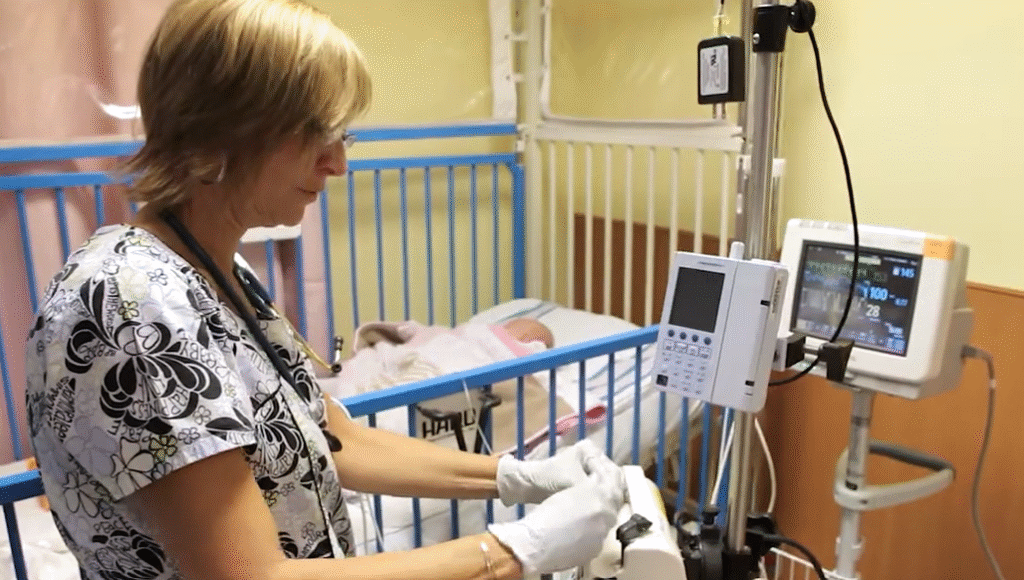An especially noteworthy phase in the continuous fight to protect private medical information is represented by the BCHP settlement. A $5.15 million settlement was reached between Boston Children’s Health Physicians and its IT vendor, ATSG Inc., after the September 2024 cyberattack that impacted almost 918,000 people. The Bianlian hacking group claimed responsibility for the attack, which exposed financial, medical, and personal data, eroding patient-provider trust.
Social Security numbers, health insurance information, treatment details, addresses, and medical record identifiers were among the records that were made public. Employee benefit data was compromised in numerous instances. This level of intrusion bears a striking resemblance to other well-known healthcare breaches in which the attackers gained access due to flaws in a third-party vendor.
Five lawsuits that were eventually combined into one action in Westchester County, New York, charged BCHP and ATSG with neglecting to implement cybersecurity measures that could have greatly decreased the probability of the breach. Negligence, contract violations, and infractions of New York’s consumer protection laws were among the legal allegations.
BCHP Settlement – Case Overview
| Item | Details |
|---|---|
| Name | Boston Children’s Health Physicians (BCHP) Settlement |
| Settlement Amount | $5,150,000 |
| Incident | September 2024 data breach via ATSG Inc. systems |
| Class Size | Approximately 918,000 affected patients and employees |
| Allegations | Negligence, breach of contract, unjust enrichment, violations of NY General Business Law |
| Benefits | Up to $5,000 for documented losses, $100–$350 for undocumented losses, two years of CyEx Medical Shield monitoring |
| Deadline to File Claim | November 25, 2025 |
| Deadline to Opt Out or Object | November 10, 2025 |
| Final Approval Hearing | December 10, 2025 |
| Reference Link | https://www.bchpsettlement.com |

BCHP agreed to a settlement despite denying any wrongdoing, pointing to the cost, diversion, and disruption to operations that would result from protracted litigation. Attorney fees, administrative expenses, lead plaintiff service awards, and restitution for impacted class members will all be covered by the $5.15 million fund. Up to $5,000 can be claimed by those who have documented losses related to the breach. Reimbursement is available for fraudulent charges, credit repair, identity theft recovery, and even lost wages while dealing with the fallout from the breach.
A flat payment is provided for those without documentation; it is currently estimated to be $100, but it could rise to $350 based on the total number of claims. A structure that has become noticeably more prevalent in settlements of this size is the pro rata design, which guarantees that any unused money is given to claimants rather than being returned to the defendant.
In addition to monetary compensation, each class member will receive two years of CyEx Medical Shield monitoring as part of the settlement. This program is especially helpful because it provides $1 million in insurance against medical identity theft, real-time alerts, and medical identity surveillance. Such monitoring is remarkably effective in preventing further harm in an environment where stolen healthcare data can be misused for years.
The due dates are obvious. The deadline for opting out or objecting to the settlement is November 10, 2025, and the last day to file claims is November 25. Payments and services will start as soon as any appeals are settled, with the final fairness hearing set for December 10.
The dangers of relying too much on outside vendors for IT infrastructure are highlighted by this case. The attackers circumvented internal security measures by taking advantage of a vendor’s access, a strategy that has grown more popular in the healthcare industry. Conversations concerning stricter contractual requirements for cybersecurity have been triggered by such incidents, both within BCHP and throughout the medical sector.
From a wider angle, the BCHP settlement is part of a string of significant healthcare breach settlements, including Anthem and Community Health Systems, which indicate a slow change in the operational and legal framework surrounding patient data protection. In order to effectively address the immediate and long-term risks of a breach, settlements now frequently combine financial compensation with active monitoring and security enhancements.
Patients are less inclined to accept breaches as inevitable now that they are better informed. This change in expectations is reflected in the BCHP settlement, which provides both material compensation and safeguards against future abuse. Additionally, it makes it very evident to healthcare providers that investing in cybersecurity is essential to their operations and cannot be ignored.
BCHP has pledged to improve its cybersecurity measures going forward. These improvements have the potential to be a template for other pediatric and specialty networks if they are fully implemented. Although it is difficult to rebuild trust once it has been eroded, observably stronger safeguards can be beneficial.
This settlement is more than just a court decision for the almost a million impacted. It’s an attempt to protect them from what might have been much worse while also acknowledging the disruption they experienced. Other healthcare organizations may soon adopt this particularly creative response, which combines financial support with proactive monitoring.

